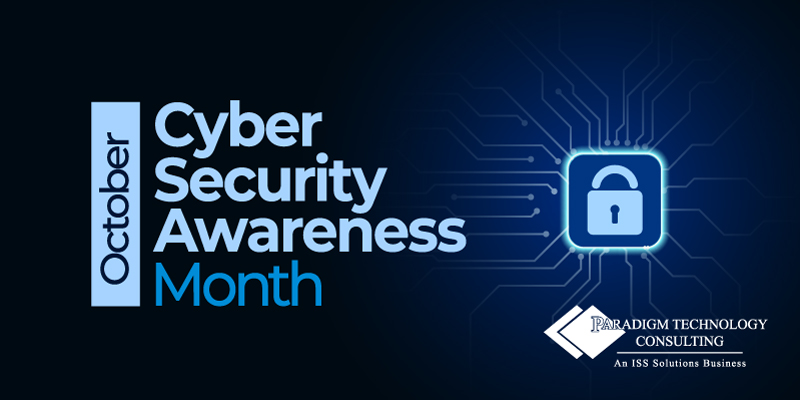October marks Cybersecurity Awareness Month, a time dedicated to promoting safer online habits, improving security measures, and raising awareness about digital threats. As our world becomes increasingly connected, with more personal and business activities moving online, the need to protect ourselves from cyberattacks is more critical than ever. Whether you’re an individual, small business owner, or part of a large enterprise, understanding and implementing cybersecurity best practices can go a long way in keeping you safe.
Why Cybersecurity Matters
Cyber threats are no longer just a concern for large corporations or tech giants. Hackers target everyone—from individuals to small businesses and even large organizations. The rise of ransomware, phishing attacks, and data breaches has demonstrated that no one is immune. In fact, according to recent reports, cybercrime costs businesses and individuals trillions of dollars annually, a figure that continues to grow.
Here’s why cybersecurity should matter to you:
- Data Protection: Your personal information, including financial data and social security numbers, is valuable. A breach could lead to identity theft or financial loss.
- Business Continuity: For businesses, a cyberattack can disrupt operations, damage reputations, and even result in legal consequences.
- Privacy: Cybersecurity helps ensure that your digital communications and transactions remain confidential.
Key Cybersecurity Best Practices
To stay safe online, it’s essential to adopt some key habits that protect your digital life, whether you’re on social media, working remotely, or managing sensitive business information. Here are a few tips to keep in mind this Cybersecurity Awareness Month:
- Use Strong, Unique Passwords: One of the simplest but most effective measures you can take is using complex, unique passwords for each account. Consider using a password manager to store and generate secure passwords.
- Enable Multi-Factor Authentication (MFA): MFA adds an extra layer of security by requiring more than just a password to access your accounts. This might include a fingerprint scan or a one-time code sent to your phone.
- Be Wary of Phishing Attacks: Phishing remains one of the most common attack vectors. Avoid clicking on suspicious links or attachments in emails, even if they seem to come from a trusted source. Always verify the sender’s identity.
- Update Your Software Regularly: Many cyberattacks exploit vulnerabilities in outdated software. Ensure that your operating system, browsers, and apps are regularly updated to stay protected from the latest threats.
- Back Up Your Data: In case of a ransomware attack or other data loss incidents, having a secure backup can save you from losing critical files and information.
- Secure Your Home Network: Use strong encryption (WPA3) for your Wi-Fi network, and ensure that your router firmware is up to date. Additionally, consider using a VPN when accessing the internet over public Wi-Fi.
The Role of Businesses in Cybersecurity
Businesses play a significant role in fostering a safer online environment. Whether you’re an employee or a business owner, embracing a culture of cybersecurity within your organization is essential. Some key steps businesses can take include:
- Training Employees: Offer regular cybersecurity training to ensure employees understand the latest threats and how to avoid them.
- Implementing Security Policies: Establish clear cybersecurity policies, including guidelines for remote work, data sharing, and incident response.
- Regular Security Audits: Perform routine audits of your systems to identify and patch any vulnerabilities.
The Future of Cybersecurity
As technology continues to evolve, so do the threats we face. Emerging technologies like artificial intelligence (AI) and the Internet of Things (IoT) bring new opportunities but also introduce new risks. It’s vital to stay informed and proactive about the latest cybersecurity trends and challenges.
Get Involved This October
Cybersecurity Awareness Month is an excellent opportunity to take a step back and evaluate your digital habits. This month, take the time to:
- Review your online security settings.
- Educate yourself and others about potential cyber threats.
- Advocate for stronger cybersecurity policies in your workplace or community.
Remember, staying safe online is a shared responsibility. By adopting smart cybersecurity habits, you can protect yourself, your family, and your business from the growing threat of cyberattacks. Let’s use this Cybersecurity Awareness Month to commit to better, safer online practices that benefit everyone.
For all of your cybersecurity needs and expert guidance, contact Paradigm Technology Consulting to help protect your business from digital threats.
Stay safe, stay secure!

